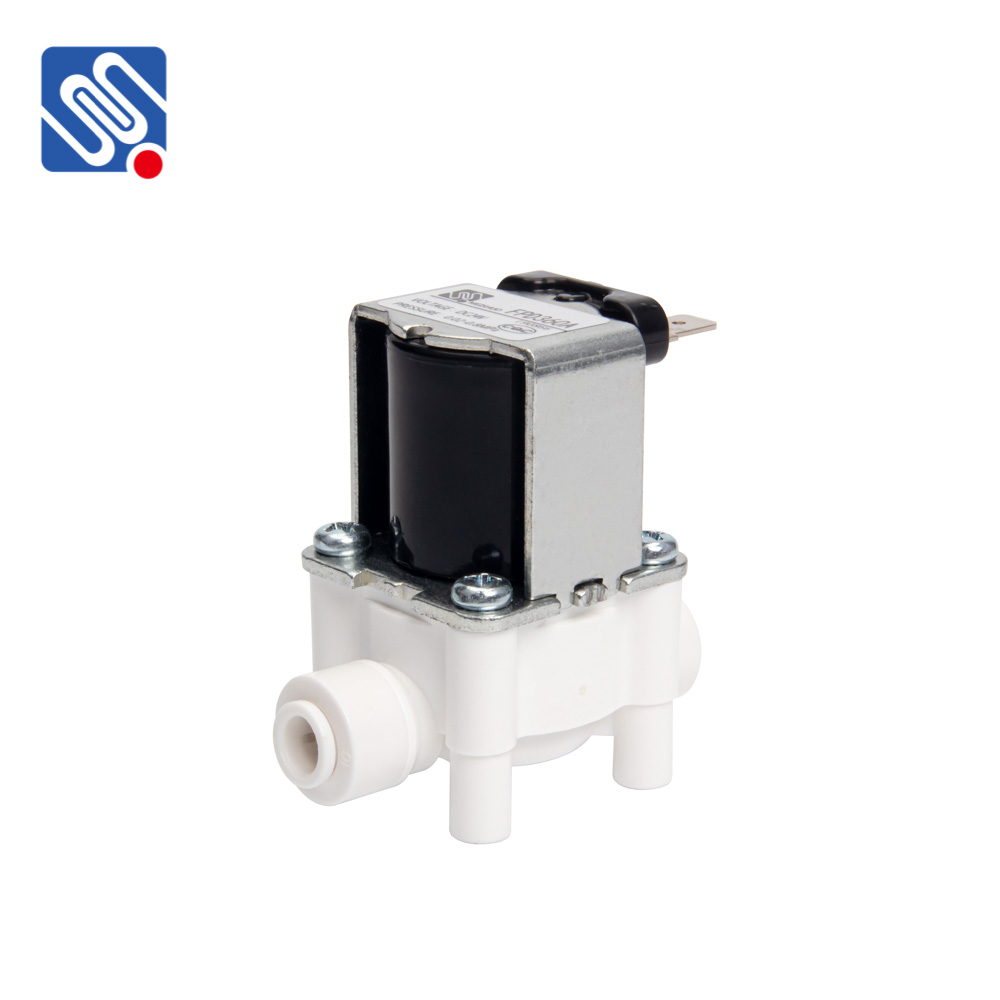In many industries, the need for precise control of fluid flow is vital, and solenoid valves have become essential components for achieving that control. A solenoid valve uses an electromagnetic coil to open or close the valve, allowing the controlled fluid or gas to flow through or stop. However, when it comes to industries where contamination can pose serious risks to human health, the materials and components of these valves must meet strict safety standards. This is where Non-toxic Solenoid Valves come into play. These valves are specifically designed to prevent the release of harmful substances, ensuring that the flow of fluids or gases remains pure and safe. In this article, we will explore the significance of Non-toxic Solenoid Valves, their applications, and their importance in maintaining safety and purity in sensitive environments.

What Are Non-toxic Solenoid Valves? Non-toxic solenoid valves are valves that are made from materials that are free of harmful or toxic substances. These valves are designed for use in applications where contamination is a concern. For example, they are used in food and beverage production, pharmaceutical manufacturing, water treatment, and other industries where the controlled fluid may come into contact with people or critical processes. The primary purpose of a Non-toxic Solenoid Valve is to ensure that no toxic materials are released into the fluid or gas being controlled, protecting the end-users and the integrity of the system.